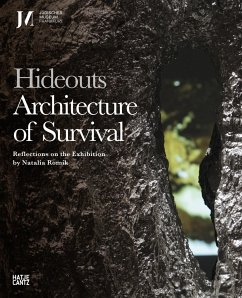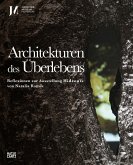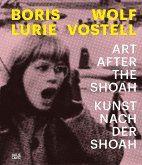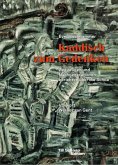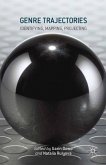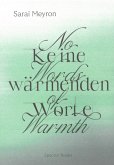Approximately 50,000 Jews survived the Holocaust inoccupied Poland and Ukraine, some of them using hideouts.Driven by necessity, they were forced to seek refugein unlikely and seemingly unsuited places such as treehollows, closets, basements or sewers-staying there fordays, and sometimes even years. They are a testament tothe architectural creativity of those who had to secure thebasic means of sustaining life with minimal resources,without being able to radically alter the space availableto them.
Architect, scholar and artist Natalia Romik has identifiedand studied several hideouts that still exist today.Her research, resulting in the exhibition Hideouts. TheArchitecture of Survival, accentuates the material and spatialdimensions of living in hiding, gathering the evidenceof vernacular, architectural creativity employed underlife-threatening conditions. This interdisciplinary catalogue,addresses the fundamental question of the functionof architecture in relation to the history of violenceand our culture of commemoration.
A graduate in political science, practitioner of architecture and artist, NATALIA ROMIK (_1983, Warsaw) received a PhD at London's Bartlett School of Architecture in 2018. Romik has been awarded numerous grants, including the London Arts and Humanities Partnership, and the Scholarship of the Minister of Culture and National Heritage of Poland. Currently she is a postdoctoral fellow at the Foundation for the Memory of the Shoah in Paris.
Architect, scholar and artist Natalia Romik has identifiedand studied several hideouts that still exist today.Her research, resulting in the exhibition Hideouts. TheArchitecture of Survival, accentuates the material and spatialdimensions of living in hiding, gathering the evidenceof vernacular, architectural creativity employed underlife-threatening conditions. This interdisciplinary catalogue,addresses the fundamental question of the functionof architecture in relation to the history of violenceand our culture of commemoration.
A graduate in political science, practitioner of architecture and artist, NATALIA ROMIK (_1983, Warsaw) received a PhD at London's Bartlett School of Architecture in 2018. Romik has been awarded numerous grants, including the London Arts and Humanities Partnership, and the Scholarship of the Minister of Culture and National Heritage of Poland. Currently she is a postdoctoral fellow at the Foundation for the Memory of the Shoah in Paris.

